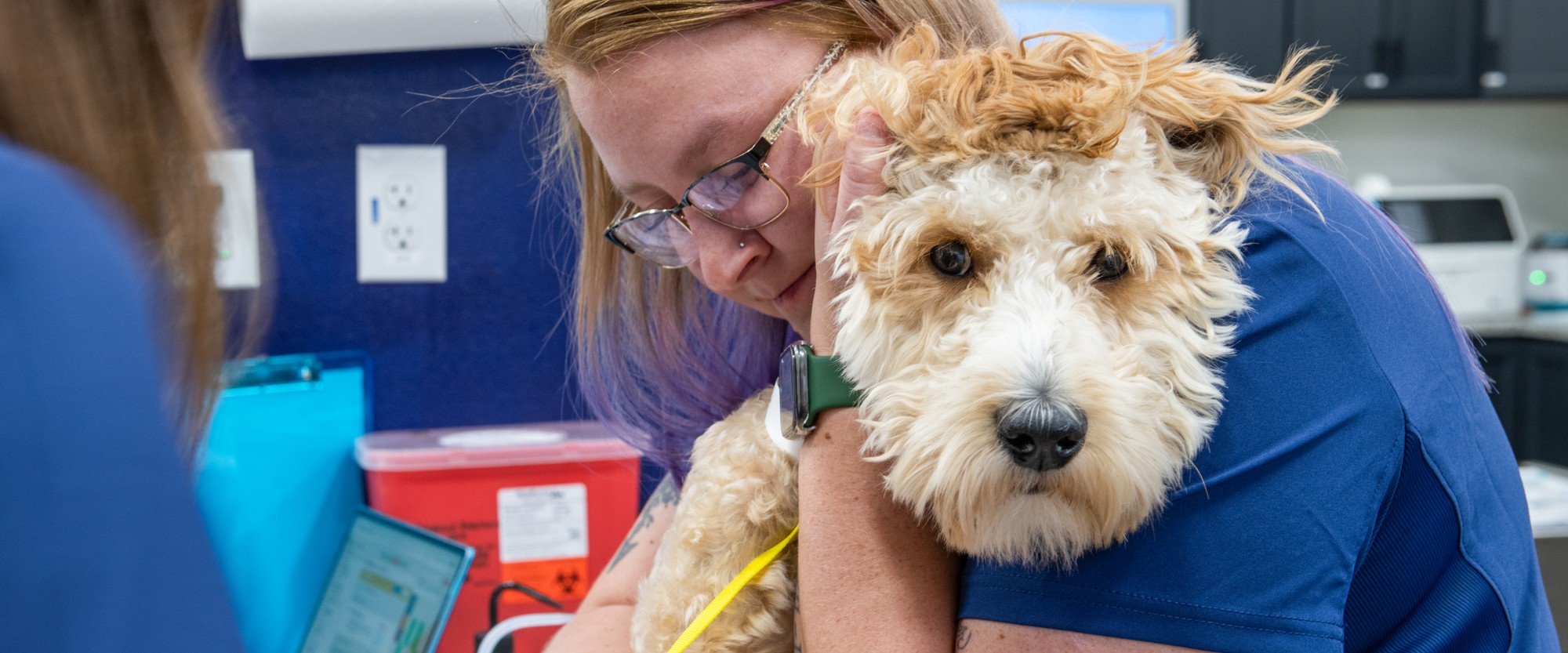
FAQ
FAQs
Find More About Your Pet’s health
Similar to human medicine, veterinary medicine also has specialized areas in which veterinary specialists receive advanced training. These specialist provide their expertise to ensure the best possible outcome for your pet.
Becoming a veterinary specialist requires additional training, such as completing an internship and a residency program in their specific area of specialization (which typically takes 4-6 years), in addition to the four years of veterinary school that all veterinarians are required to complete. Each college has specific requirements that must be met, including passing board examinations and publishing peer-reviewed journal articles.
Veterinary medicine has over 20 recognized specialty organizations with more than 45 different specialties. Of these, the American College of Veterinary Internal Medicine (ACVIM) and the American College of Veterinary Surgeons (ACVS) are particularly noteworthy. ACVIM certifies small animal internal medicine (SAIM) specialists, who provide expertise in diagnosing and managing complex internal medicine issues. ACVS certifies small animal surgery specialists, who are experts in performing advanced surgical procedures. There are also more general categories, such as specialists in canine and feline practice, who provide comprehensive care for pets. However, if your pet requires specialized care within internal medicine or surgery, your primary vet may prefer working with a board-certified veterinary internal medicine specialist or a board-certified veterinary surgeon for the best possible outcome.
Still have questions?


